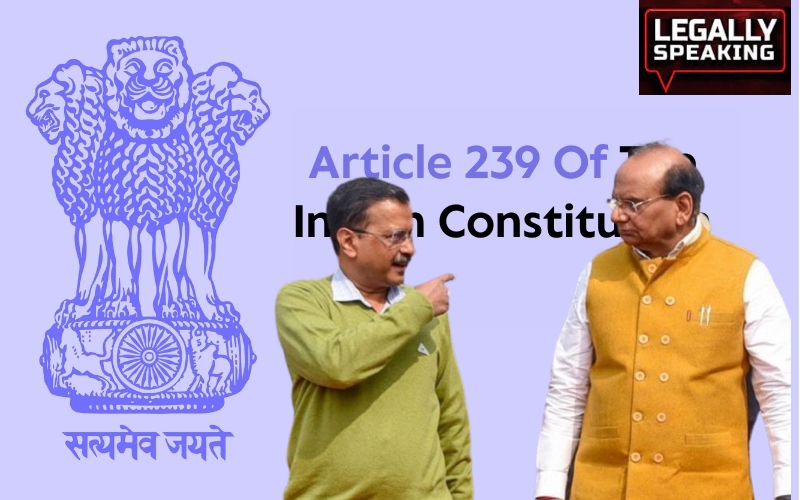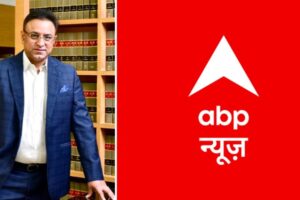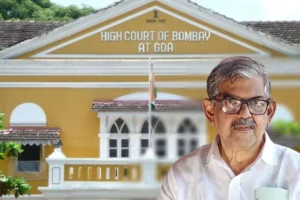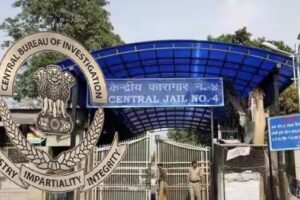
The legal framework regarding the continuity of ministers in office after arrest, and the role of Governors/Lieutenant Governors (LGs) in such situations, becomes more significant.
Article 239B of the Indian Constitution empowers the Lieutenant Governor (LG) of Delhi the authority to suspend the elected government under certain circumstances. This provision allows the LG to take action if they perceive that the elected government is incapable of effectively administering the territory. Consequently, the LG can suspend the government or dissolve the assembly as deemed necessary.
Although, Atishi Merlane, a leader of the Aam Aadmi Party (AAP) and Delhi’s Education Minister, affirmed that despite Kejriwal’s arrest, he would persist as CM.
Though there exists no legal impediment for Kejriwal to continue as CM, the role of the LG holds paramount importance. The LG possesses the authority to recommend the imposition of President’s rule if deemed necessary.
The Representation of People Act (RP Act), 1951, governs the qualifications and disqualifications of lawmakers. It stipulates that an MP or an MLA stands disqualified upon conviction for an offense. However, as Kejriwal remains unconvicted, there exists no barrier to his continuation as CM.
Interestingly, within Kejriwal’s own government, ministers Satinder Jain and Manish Sisodia remained in office post-arrest, resigning only upon being denied bail.
Nevertheless, the practicality of governing while incarcerated remains a pertinent question. Historically, CMs have promptly resigned upon arrest to mitigate disruptions to governance.
For instance, in February 2024, JMM leader Hemant Soren resigned as CM of Jharkhand following his arrest by the ED in a money-laundering case, with Seraikela MLA Champai Soren succeeding him.
Similarly, when Tamil Nadu CM J Jayalalithaa faced arrest in a disproportionate assets case in 2001 and 2014, she nominated O Paneerselvam as CM until securing bail. Paneerselvam resigned on both occasions, upon her bail and the stay of her conviction, respectively.
Regarding the role of the LG, the unique constitutional setup of Delhi, as a National Capital Territory (NCT), mandates the presence of both an elected government and an LG, appointed by the central government.
Article 239 AA delineates the responsibilities of the elected government, LG, and Parliament in Delhi. While the elected government’s authority stems from this provision, the LG retains the power to recommend the suspension of its operation.
Article 239 AB empowers the LG to propose to the President of India the suspension of Article 239 AA under specific circumstances. This includes situations where the administration of the NCT cannot align with constitutional provisions or necessitates intervention for proper governance.
Hence, the LG could potentially recommend the imposition of President’s rule if a breakdown of constitutional machinery in Delhi is perceived. However, such a decision would carry grave implications, especially with Lok Sabha elections looming in less than a month.





